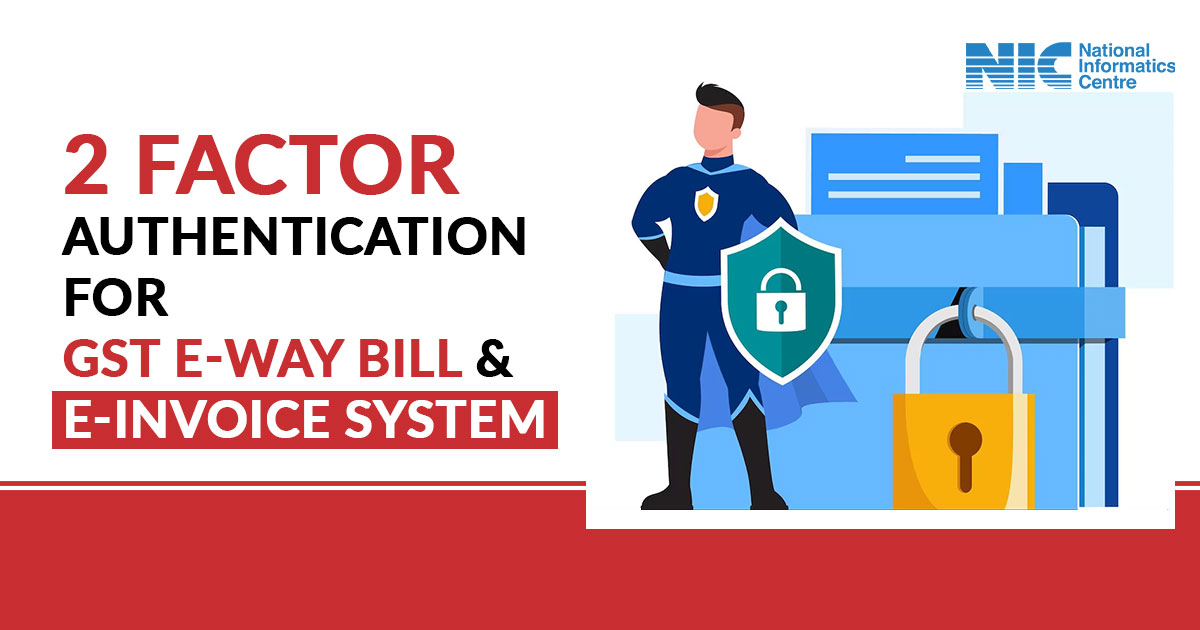The National Informatics Centre (NIC) has introduced Two-Factor Authentication (2FA) for taxpayers and transporters accessing the e-Way Bill and e-Invoice systems.
This enhanced security measure aims to strengthen access control and improve cybersecurity within the digital taxation ecosystem.
The new authentication system requires users to verify their identity through a one-time password (OTP) in addition to their usual login credentials.
OTPs can be obtained through three different methods:
- SMS sent to the registered mobile number,
- the government-backed Sandes messaging app, or
- NIC-GST-Shield app, which generates offline OTPs that refresh every 30 seconds.
Empanelment for Speakers, Trainers, and Cyber Security Experts Opens at Future Crime Research Foundation
To activate 2FA, users must :
- log into the e-Way Bill System
- navigate to the 2-Factor Authentication option and
- confirm registration.
- Once activated, OTP authentication becomes mandatory for all logins, including those of sub-users under a single GSTIN.
The implementation of 2FA ensures an additional layer of security, particularly for businesses managing multiple sub-users. The primary user can create and manage sub-user accounts, assigning specific permissions for e-way bill operations such as generating, canceling, or managing waybills. The system also allows real-time monitoring of sub-user activities, thereby enhancing transparency and accountability within business operations.
The NIC has provided users with multiple options for generating and receiving OTPs:
- SMS-Based OTP: Users will receive a time-sensitive OTP on their registered mobile number.
- Sandes App: A government-provided messaging platform that facilitates secure OTP reception.
- NIC-GST-Shield App: A dedicated mobile application available for download through the e-Way Bill and e-Invoice portals. This app enables OTP generation without requiring an internet connection, ensuring uninterrupted authentication.
With increasing cybersecurity threats and data breaches, the introduction of 2FA is expected to enhance security and reduce unauthorized access to the e-Way Bill and e-Invoice systems.

The initiative aligns with broader digital transformation efforts aimed at securing India’s tax infrastructure and ensuring compliance with regulatory mandates.
Industry experts believe this move will significantly mitigate risks associated with password breaches and cyber fraud, particularly as digital transactions continue to grow.
ALSO READ: Now Open: Pan-India Registration for Fraud Investigators!
The NIC’s proactive approach underscores the government’s commitment to fortifying digital taxation processes and safeguarding sensitive financial data.
As businesses and transporters adapt to this new authentication process, the NIC will continue monitoring user feedback and refining the system to enhance user experience while maintaining robust security protocols.



